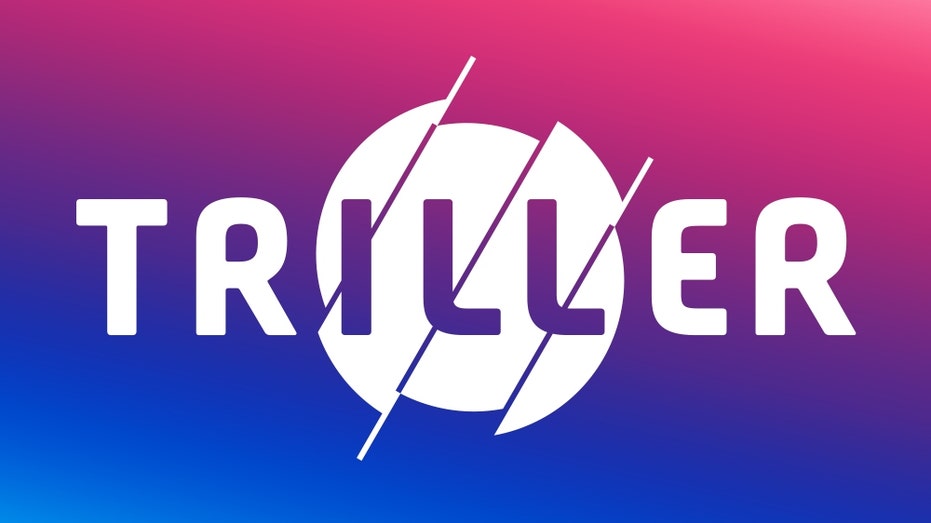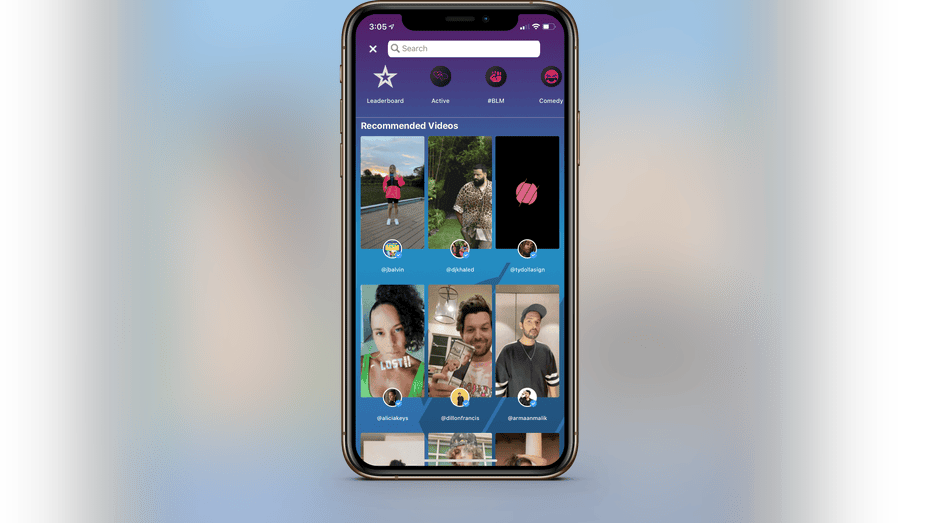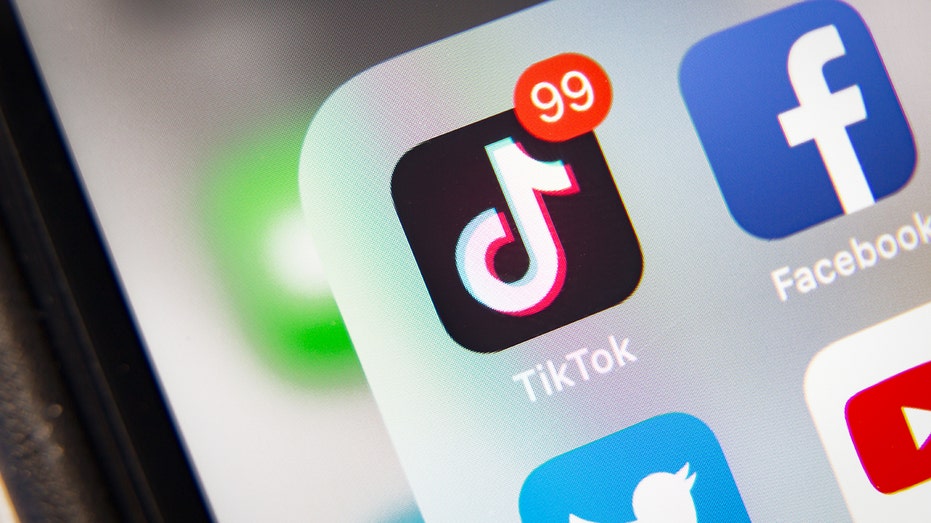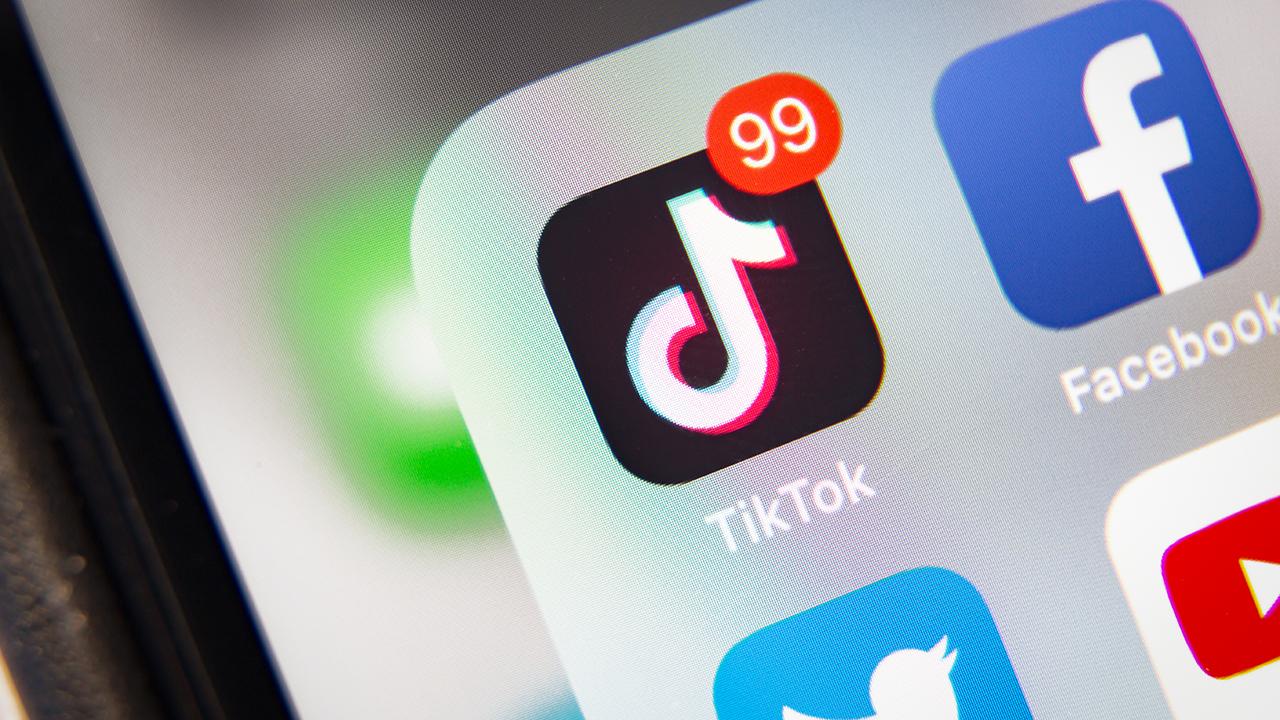Triller video app offers TikTok alternative
Triller became the No. 1 app in India after the country banned TikTok
A growing number of social media influencers are leaving TikTok over security concerns and migrating to a growing platform called Triller.
Some journalists and social media users have expressed concern that a potential U.S. TikTok ban could leave some creators, especially those who monetize content, in a tough position. A July 10 New York Times article noted that the app has offered a sense of community for some of its younger users during the coronavirus pandemic, and a livelihood for others.
But there has been bipartisan agreement that the app's security concerns outweigh its benefits, and with a highly competitive tech and social media market in the U.S., there are alternatives for users to continue content creation and monetization.
About half of TikTok's top 300 influencers have ditched TikTok for a similar but American app called Triller, according to Ryan Kavanaugh, a principal executive behind Triller and an entertainment industry expert.

Triller logo (Facebook)
"Influencers said they wished they knew about the app before," Kavanaugh said of the app's new users who recently made the switch.
WELLS FARGO BANS TIKTOK ON ALL COMPANY-OWNED DEVICES
Some of those influencers include Loren Gray, Kristen Hencher, Lucas and Marcus, Jacob Sartours and others. Celebrities including Rebel Wilson, Kevin Hart, Alicia Keys and Cardi B are also on the app.
Triller has grown from about 13 million active monthly users in October to 55 million active monthly users and 8 million active daily users around the world, a spokesperson for the company said.
India, formerly home to one of TikTok's largest user bases, banned TikTok on June 29 amid growing tensions with China and security concerns. Triller became the No. 1 app in the country shortly afterward, the company said.
Chinese tech giant ByteDance purchased TikTok when it was known as Musical.ly for $1 billion in 2017 when the app had just 50 million users; Triller's user base is now larger than TikTok's was at the time ByteDance acquired the app, and it has grown more than 600 percent year over year.
The app, which launched out of Silicon Valley in 2015, offers a music-centric social media platform that has partnerships with the Big Three U.S. record labels: Universal Music Group, Sony Music Entertainment and Warner Music Group.
These partnerships and others give Triller users access to the majority of music in the U.S. and "95 percent" of music in the world to include in their videos, Kavanaugh said.
WHITE HOUSE EYES MAJOR CRACKDOWN ON TIKTOK AMID PRIVACY CONCERNS
Musicians and labels have sued TikTok and other apps for copyright infringement, but Triller has partnerships with some of the top labels, artists and streaming services in the world so that its creators can make videos with music without the fear of posts being taken down due to copyright issues.
Snoop Dogg, Lil Wayne, Eminem, The Weeknd and Migos are just a few of the big-name artists who have invested in the company. When a user plays a video that streams a song, artists make money the same way they do on other streaming platforms like Spotify (another one of Triller's prominent partners).

The app is largely hip-hop and R&B focused, but like all social media, as users interact with certain kinds of videos, the platform's algorithms will pick up on what users are interested in and cater those interests to the content that appears in their feeds more precisely over time.
Like TikTok, creators can share video content featuring everything from dance routines to cooking tips to comedy skits with or without music.
AMAZON DID NOT BAN TIKTOK, EMAIL WAS MISTAKE SAYS COMPANY
Triller also has a team of onboarding employees who are working to help TikTok influencers move from the Chinese app onto the American one.
Unlike TikTok, Kavanaugh says Triller has committed itself to privacy and does not sell or aggregate user data.
"We're about artists and freedom of expression," he said.
TIKTOK CONSIDERS CHANGES TO DISTANCE APP FROM CHINESE ROOTS
TikTok has scrambled in recent months to pull together a team of prominent U.S. lobbyists, privacy specialists and policy experts to lead its U.S. efforts as the government scrutinizes the company for security weaknesses and Chinese government ties. The company has more than tripled its American employee workforce in the last year.
"I've done business in China for many, many years. When you're a Chinese state-operated enterprise, you have to do what the Chinese government says," Kanauagh said in reference to China's 2017 National Security Law that requires all Chinese-operated businesses like ByteDance to comply with all CCP intelligence requests.
GET FOX BUSINESS ON THE GO BY CLICKING HERE
"Any organization or citizen shall support, assist, and cooperate with state intelligence work in accordance with the law, and maintain the secrecy of all knowledge of state intelligence work," Article 7 of the law states.
"They're communists," Kavanaugh said of China. "They're not hiding it. It's not like China has denied ties to TikTok."

TikTok application on a smartphone / iStock
TikTok denies accusations of ties to the CCP and has continuously defended its privacy and security policies.
Triller does not accept Chinese investors and refuses to do business in the country, Kavanaugh said. Even if users install a VPN and try to download the app that way, they can't.
Kavanaugh also referenced a detailed March Reddit post alleging flaws in TikTok’s coding that allow the app to copy sensitive user information.
"It's not a political discussion," he said. "Anyone who understands the app world knows this. It's not political. ... If someone who understands coding asks what TikTok is capturing from your phone, it's crazy." He added that the app "looks like spyware with a layer of social media put on top of it."
TIKTOK PAYS RECORD $5.7M FINE FOR COLLECTING DATA FROM CHILDREN
The U.S. government opened an investigation into TikTok's security and privacy flaws in November. One California teenager filed a lawsuit against TikTok in December, alleging he app "vacuumed up and transferred to servers in China vast quantities of private and personally-identifiable user data."
Defense Secretary Mike Pompeo has said U.S. officials are "looking at" banning the short-form video app. TikTok users have flooded the platform and its social media pages with comments and questions discussing a potential U.S. ban, highlighting concerns that their content might disappear into the ether.




















